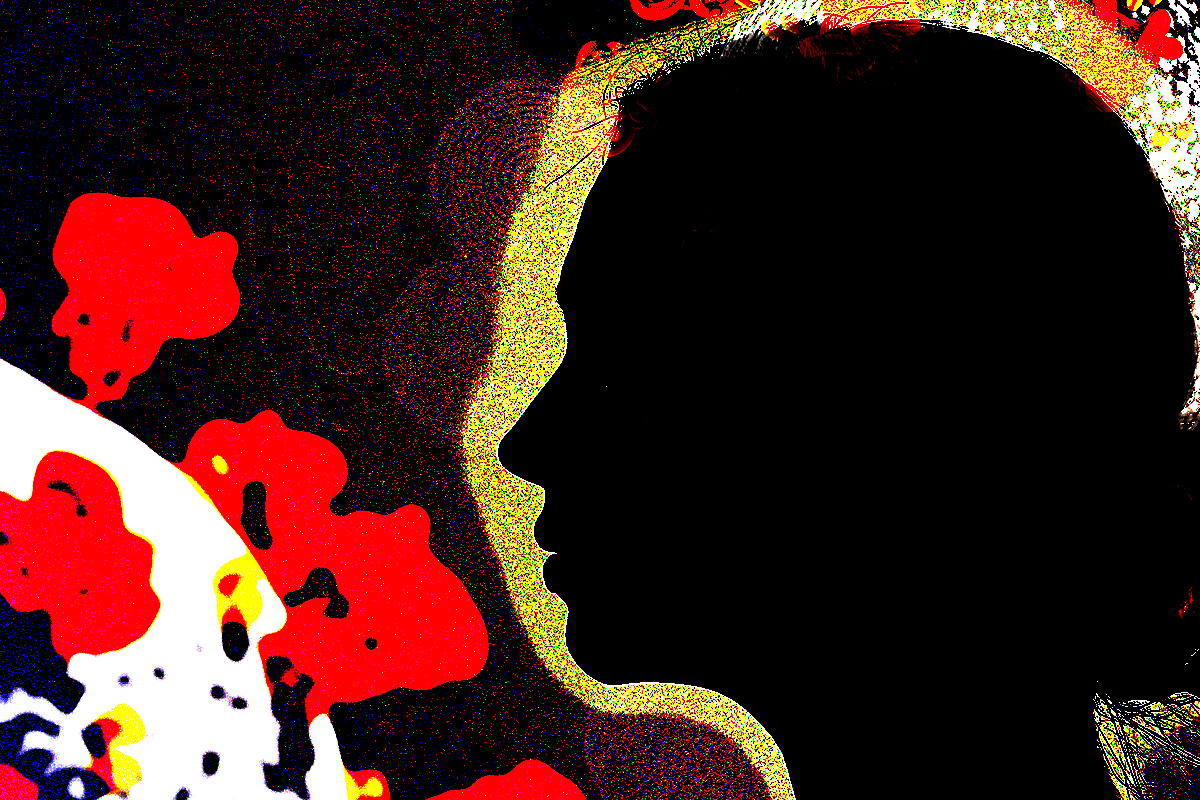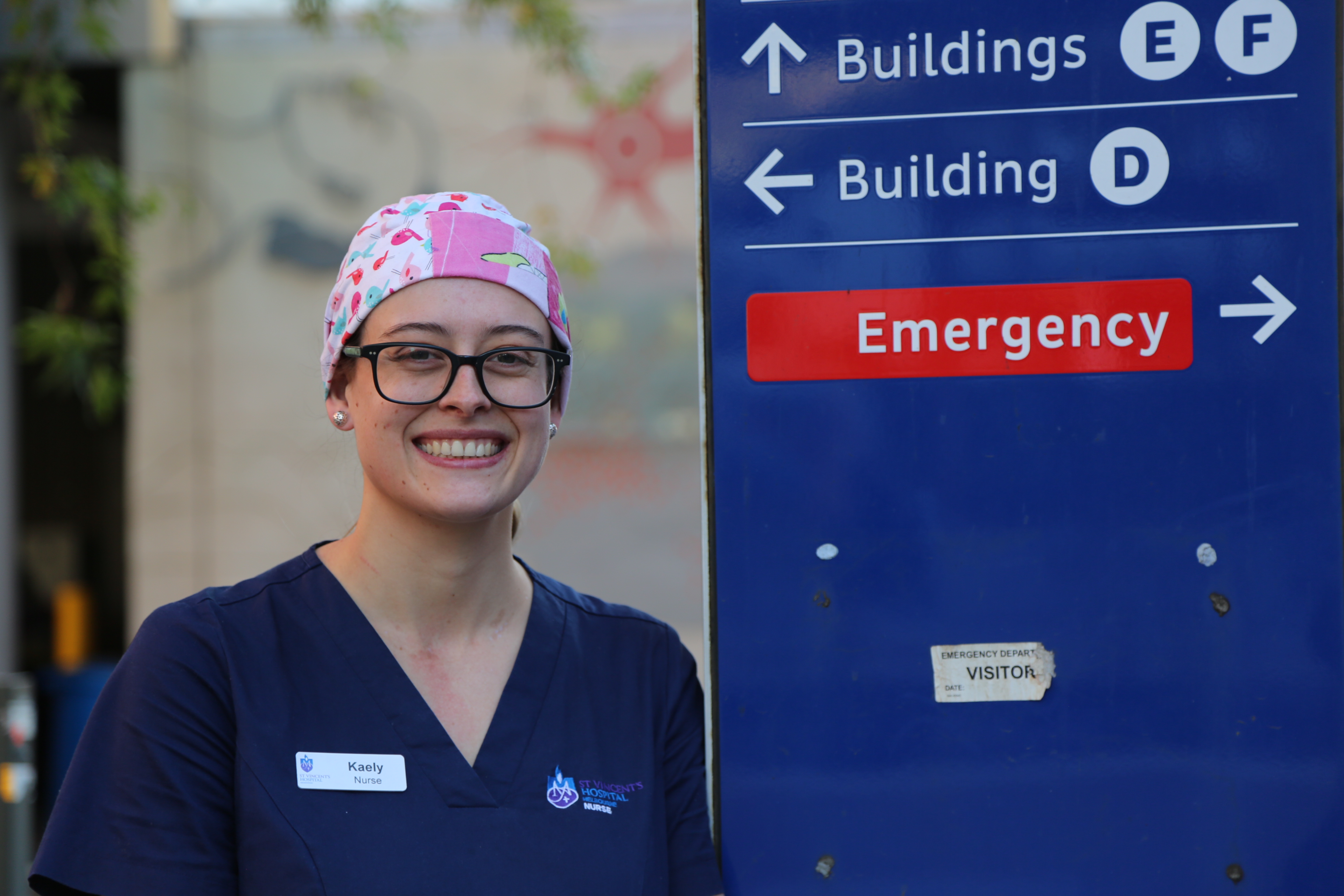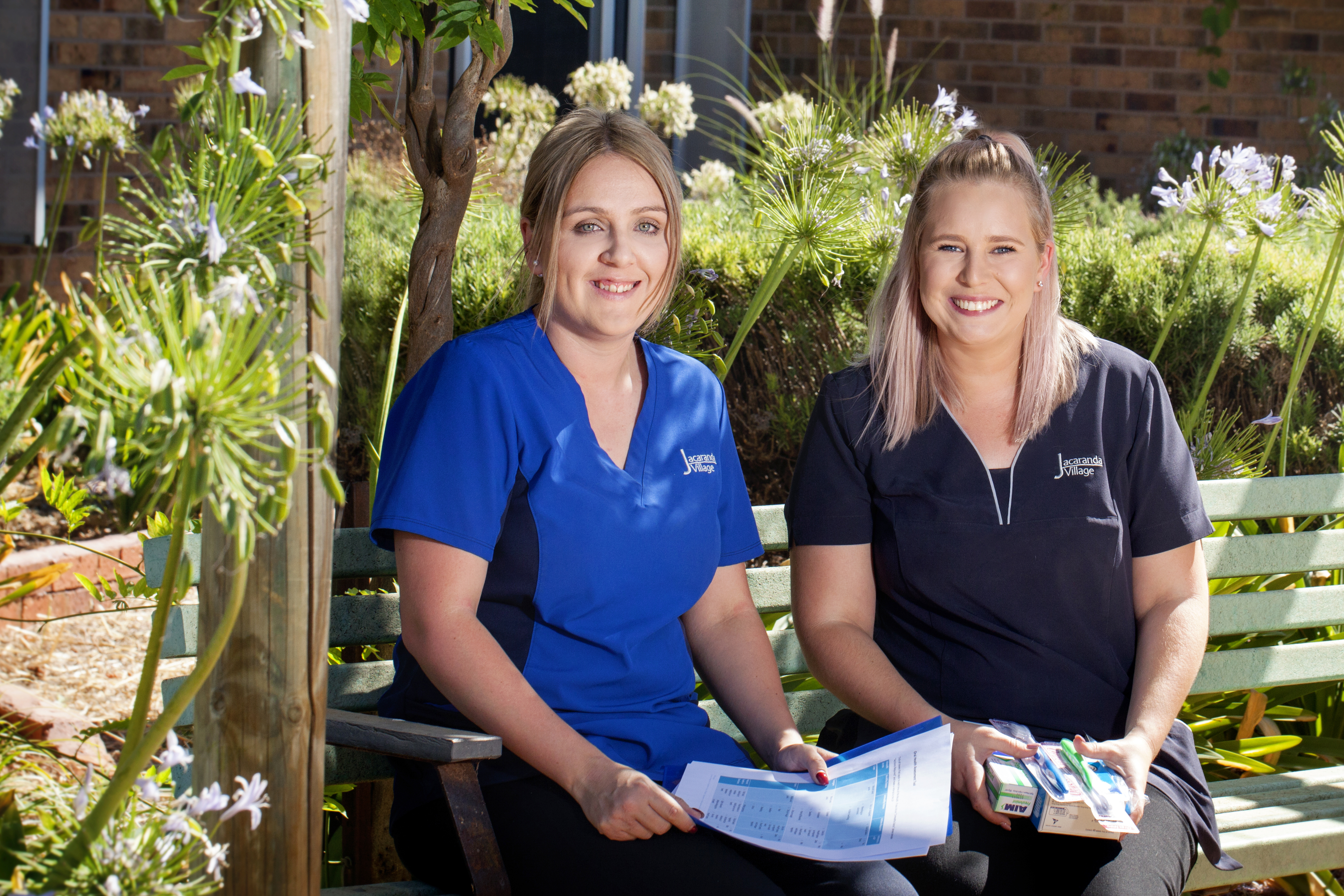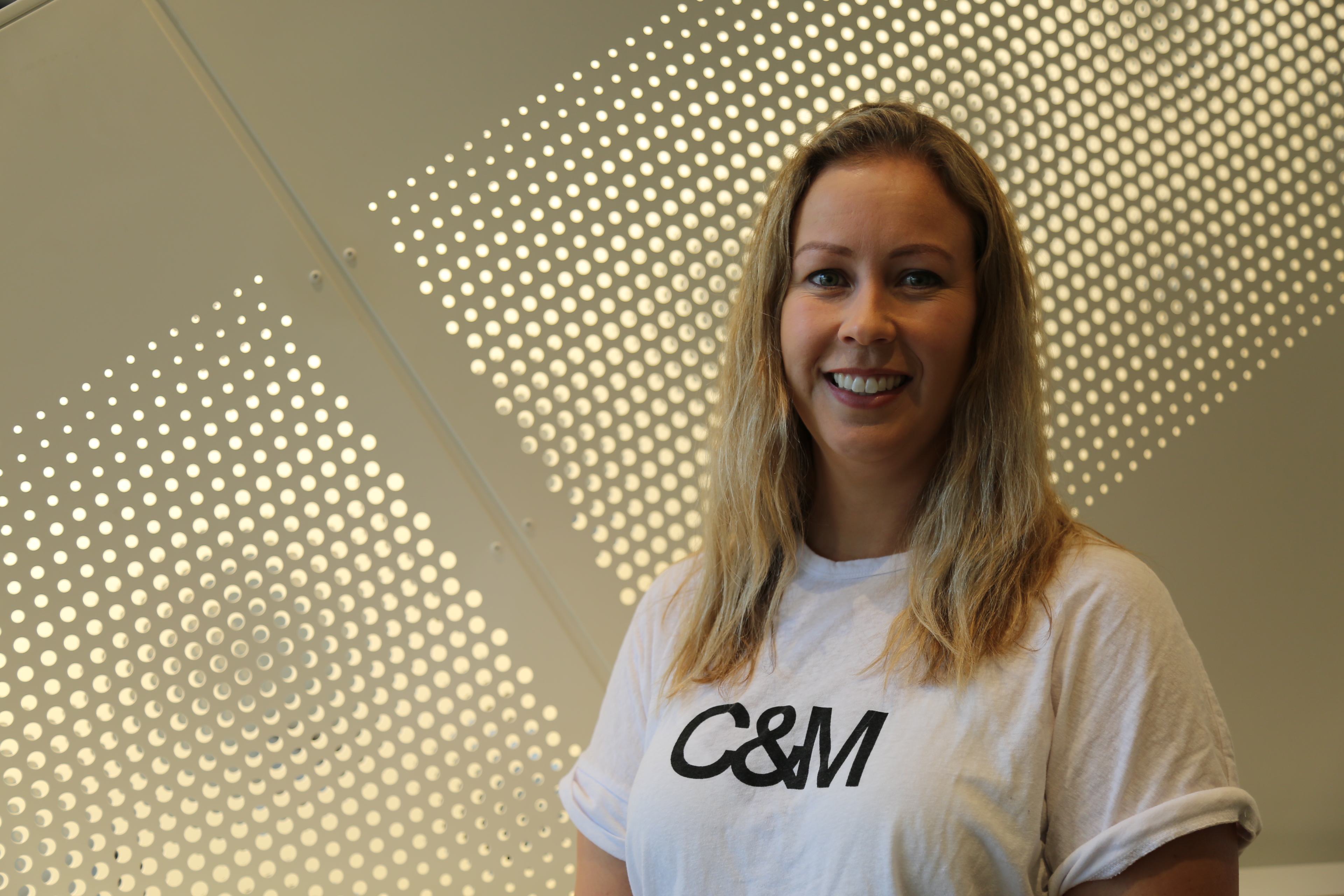
Weeks, and months, after contracting COVID-19, Jane (not her real name) still felt like she had a wall around her lungs, making it impossible to take deep breaths. She still had chest heaviness. She was still having trouble sleeping, despite being tired all the time. It hurt to lie down. If she did manage to sleep, she had nightmares.
As one of the early cohort of Australian healthcare workers to contract the virus in mid-2020, Jane is speaking out now in the hope that her experience may help others, though she acknowledges everybody’s circumstances are unique. Jane’s journey has been especially traumatising due to a lack of support from her workplace, but with ANMF help she was able to submit a WorkCover claim and get the assistance she required.
Testing positive
Before testing positive, Jane worked in a COVID-19 ward at a Melbourne hospital. As other nurses on the ward began to catch the virus, she says the whole unit started to feel like outcasts, ostracised from the rest of the hospital. ‘There were rumours about us spreading it,’ she says, and people would refuse to come into the ward; even the infection control specialists refused on the ground that it was too dangerous. She and her fellow nurses felt that management was letting them be ‘eaten by wolves’.
At the same time, Jane and her colleagues were also dealing with occupational violence and aggression (OVA) from frightened family members and a fearful community. ‘We faced daily abuse at work from families. We were told not to wear our uniform, not to wear our IDs, outside of work. Nurses were being spat on and abused. I was accosted at a supermarket because someone saw my ID badge. It makes you feel like a pariah in your own environment.’
When she returned an inconclusive PCR test during surveillance testing one week, Jane was concerned but was told that it was ‘probably negative’ and not to worry. A few days later, however, she became very unwell, very quickly. ‘My skin felt like glass,’ she says, ‘and I couldn’t have anything touching me – water, for example: showers were painful. I had an incredible headache pressure. A really high temperature. Extreme fatigue. I couldn’t lie down because the pressure on my chest was like an elephant sitting on me. I felt like I couldn’t breathe.’
‘I was frightened that no one would know if I collapsed, or died.’
When a follow-up test confirmed the positive diagnosis, Jane went into quarantine in a medi-hotel, which left her distraught and feeling isolated emotionally as well as physically. ‘I got to the hotel, where I was instantly treated like I had Ebola,’ she says. Meanwhile, her diagnosis was causing tension with her daughters in-laws; her own children were terrified; and her husband was not coping.
Most distressing, however, was the infrequent contact from medical personnel, particularly given her symptoms. ‘The pressure on my chest was immense. The palpitations got worse as I lay flat, so I couldn’t sleep. The insomnia was overwhelming. And if I did manage to get any sleep then the nightmares came.’ Yet she received one phone call a day to check on her. If she was lucky. ‘I was frightened that no one would know if I collapsed, or died.’
At one point, Jane got a call from her hospital management, profusely apologetic and full of promises to look after her family. ‘None of it happened,’ she says, emphatically. ‘None of it.’ She also says that management encouraged her not to share her news ‘so as not to frighten other staff members’. This only compounded her sense of emotional isolation, and shame.
Coming out of isolation
Things didn’t improve once Jane left quarantine; indeed, she thinks they got worse. She was shocked to receive a call from the medi-hotel after she left, confirming her belief that if she had died in her room, no one would have known. ‘It wasn’t until the third day after I was home that I got a call on my mobile from the hotel saying “we haven’t been able to contact you on the phone in your room. Are you okay?” So no one had even gone up to see if my room was empty.’
Meanwhile, her physical symptoms hadn’t abated. Before contracting COVID-19, Jane’s fitness had been ‘pretty good’. Following her infection, walking even short distances was a struggle. Basic household chores like vacuuming were also suddenly exhausting.
Then there were the new psychological symptoms. She was frightened to be home, hypersensitive to anybody around her. ‘I didn’t want anyone to touch me in case I still had it, even though I knew I was negative. I didn’t want to go anywhere, because I was frightened of the community potentially knowing, like I had a big red mask on my head. A big scarlet letter. So I just shut down.’
‘Tell me I’m going crazy so I can get the help I need.’
The term long COVID wasn’t in wide use yet and Jane didn’t know what was happening to her; she just knew there was something wrong. ‘I still had the chest heaviness. I was still finding it really hard to take a deep breath. It still really hurt to lie down. I had palpitations all the time.’
Three weeks after leaving quarantine, Jane reluctantly returned to work. She didn’t feel ready but had felt pressured by management to do so. ‘I really struggled at work,’ she says. ‘I was tired all the time, but I was having maybe half an hour of sleep a night because the palpitations and the chest heaviness would start as soon as I would lie flat. I was frightened I was going to make a medication error.’ When Jane shared this information with her manager, she was told it was probably ‘just stress’.
Beginning to worry that she was losing her mind, she had every test imaginable; all came back negative. She recalls asking her GP to tell her it was all in her head. ‘Tell me I’m going crazy so I can get the help I need,’ she pleaded. Her GP was one of the first people she heard use the term long COVID.
Making a WorkCover claim
Jane’s GP was also the person who encouraged her to make a WorkCover claim. Her employer tried to discourage her, she says, stating they would look after her ‘in-house’ and that submitting a WorkCover claim ‘was a really arduous process and not for the faint hearted’.
When she showed management an ANMF communication that said COVID-19 was unequivocally a WorkCover claim, they told her to fill out the paperwork ‘but we won’t lodge it. We’ll just keep it and if we need to activate it, we will.’
‘What your work is doing to you is unacceptable. Call your union.’
The back and forth went on for another few weeks. Meanwhile, Jane was still struggling at work, running out of sick leave, running out of annual leave. Then, while the hospital continued to stonewall, Jane collapsed. Her GP was blunt: ‘He said “What your work is doing to you is unacceptable. Call your union. You need to get out of there now.”’
Jane got in contact with ANMF member assistance, and the union ‘took over’. When her employer implied that her symptoms were all in her head and insisted there was no need to put a WorkCover claim in, her ANMF representative was able to point out that their behaviour was illegal – and that Jane would be protected when submitting a claim. ‘As soon as I handed it over to the ANMF, my workplace suddenly started pulling their socks up.’
The road to the recovery
Despite her employer finally coming to the party, it eventually became too much and Jane left the hospital, and active nursing. She found a job, in healthcare, that she can do from home and her recovery has improved significantly in that environment. ‘I could work within my capacity,’ she says. ‘A year later, I’m still not ready to go back to work in the hospital [but] I feel guilty because my fellow nurses are in such strife.’
In addition to guilt, Jane also has also experienced a profound loss in her sense of self. ‘Being a nurse is such a big part of my identity,’ she says, ‘but I no longer feel like the same person that I was.’ This is as much to do with the physical limitations of long COVID as it is related to the anger she still feels towards her old employer.
‘No one knew anything and everywhere I went I was this awkward unicorn: everyone was so interested in my symptoms but they had no answers.’
‘I couldn’t speak to them. I couldn’t look at them. I couldn’t walk into the hospital without having panic attacks,’ she explains. ‘I thought nursing was a respected profession. But people who are respected don’t get treated that way. To be treated like garbage, to be disregarded and gaslit and misled, lied to, left out to dry … my whole identity [as a nurse] just became so jaded. I’m really good at my job, and I felt really angry that they took my confidence away from me.’
It would be more than a year after her initial infection before Jane turned a physical corner in her recovery. Having been among the early wave of Australians to develop long COVID, she not only had to cope with the ongoing symptoms but also with the lack of knowledge, even among the specialists treating her. This made her feel like a ‘freak, an anomaly. No one knew anything and everywhere I went I was this awkward unicorn: everyone was so interested in my symptoms but they had no answers.’
Asked what advice she would offer other nurses struggling with COVID-19 or long COVID, Jane suggests finding the person you trust, sticking to your guns and contacting ANMF. ‘I needed someone to advocate for me. So find the person that advocates for you. For me, it was a singular GP who said “this is shit, go to your union.”’



